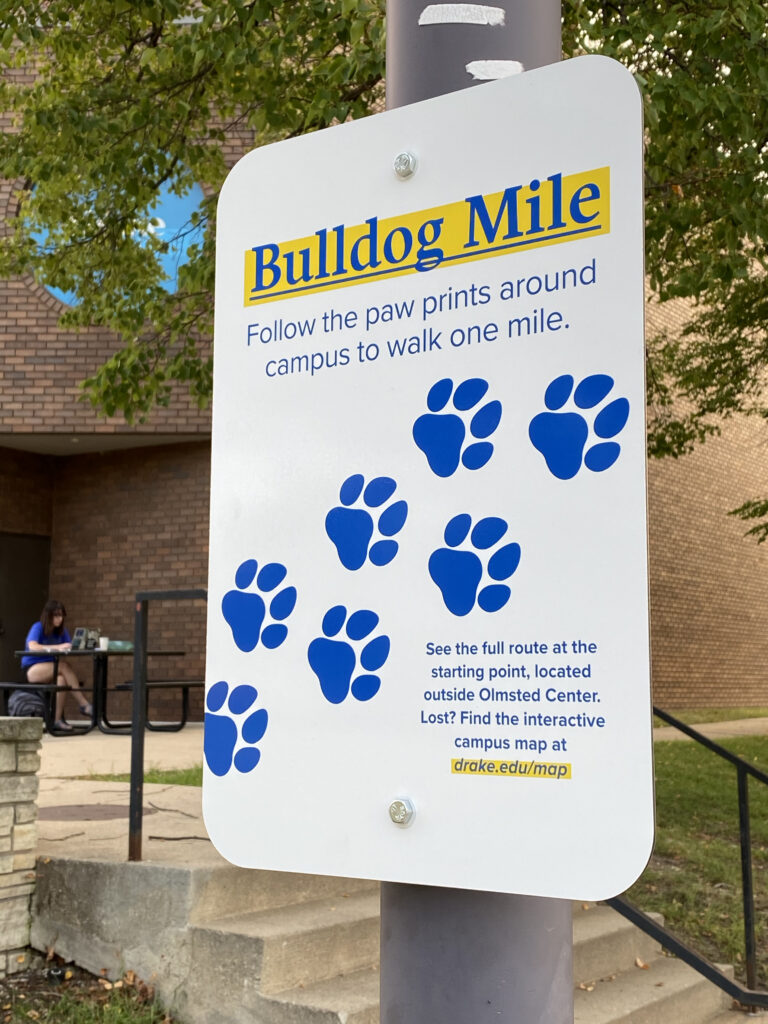The Office of Academic Excellence and Student Success has made the decision to cancel in-person Family Weekend scheduled for Oct. 2–4. This decision aligns with University guidelines and public health recommendations as we continue to manage the spread of COVID-19.
While we are disappointed by this news, we are excited to offer you an opportunity to send your loved ones a postcard to greet them and thank them for their support this semester. You can pick up a postcard from the front desk of any of the residence halls or the Student Life Center in Olmsted. Simply grab a postcard, fill it out and return it to a box at your residence hall front desk or in the Student Life Center in Olmsted by Friday, Oct. 2. We will take care of mailing it.
— Marina Verlengia, New Student Programs



